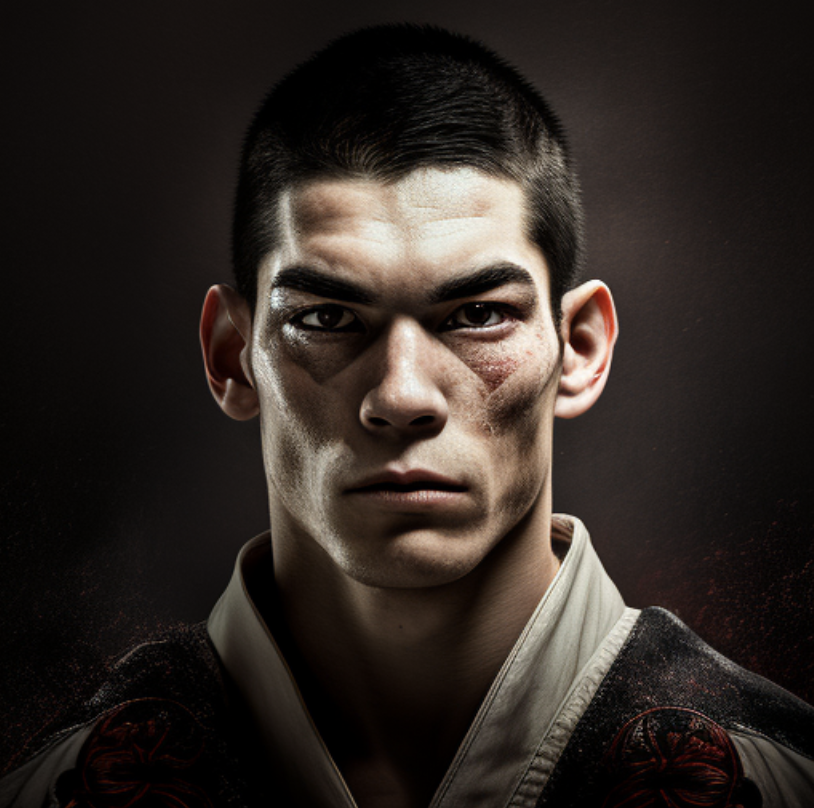
Martial arts have been an integral part of human history, serving as a means of self-defense, physical exercise, and personal development. While the physical aspects of martial arts training are well known, the mental and emotional aspects are often overlooked. However, mental and physical training are both equally important components of martial arts and must be developed hand in hand in order to achieve success and growth in the practice.
Mental training in martial arts involves developing focus, concentration, and the ability to stay calm and clear-headed in high-pressure situations. A fighter must be able to stay calm and composed in order to accurately assess a situation and respond accordingly. This mental state is known as a “quiet mind,” and it is essential for effective martial arts training and performance. In order to develop this mental state, practitioners must engage in meditation, visualization, and mindfulness exercises that help to increase focus and clarity of thought.
Physical training in martial arts involves developing strength, endurance, and flexibility. The rigorous physical demands of martial arts require a great deal of discipline, dedication, and perseverance. Practitioners must engage in a regular training regimen that includes weight training, cardiovascular exercise, and a variety of drills and sparring sessions. This physical training helps to build the strength, agility, and speed necessary for effective martial arts performance.
The combination of mental and physical training creates a synergistic effect, allowing practitioners to achieve greater success and growth in their martial arts practice. For example, the mental focus and discipline developed through meditation and mindfulness exercises can be applied to physical training, helping practitioners to push themselves further and achieve greater results. Conversely, the physical strength and endurance developed through physical training can be used to support and improve mental focus and clarity.
In addition to its physical and mental benefits, martial arts training also provides numerous emotional and spiritual benefits. The practice of martial arts requires a great deal of self-discipline, which can help practitioners to develop greater self-awareness, self-confidence, and a sense of personal accomplishment. Additionally, martial arts training can also provide a sense of community and belonging, as practitioners work together to achieve common goals and support each other in their training.
One of the most important aspects of martial arts training is the development of character. Martial arts training requires a great deal of self-discipline, perseverance, and respect, and these values are often emphasized and instilled in practitioners through practice. This focus on character development helps to create a sense of community and belonging, as practitioners work together to develop their skills and support each other in their training.
In conclusion, mental and physical training are both critical components of martial arts training and must be developed hand in hand in order to achieve success and growth in the practice. The combination of mental and physical training creates a synergistic effect, allowing practitioners to achieve greater success and growth in their martial arts practice. Additionally, the focus on character development and the sense of community and belonging created through martial arts training can provide numerous emotional, spiritual, and personal benefits. Whether for self-defense, physical exercise, or personal development, martial arts training is a valuable and enriching practice that can have a profound impact on one’s life.





